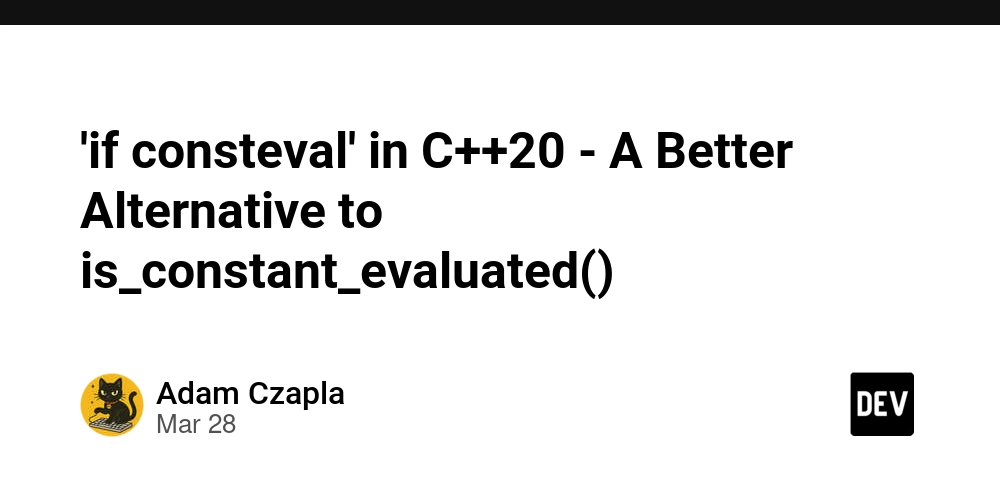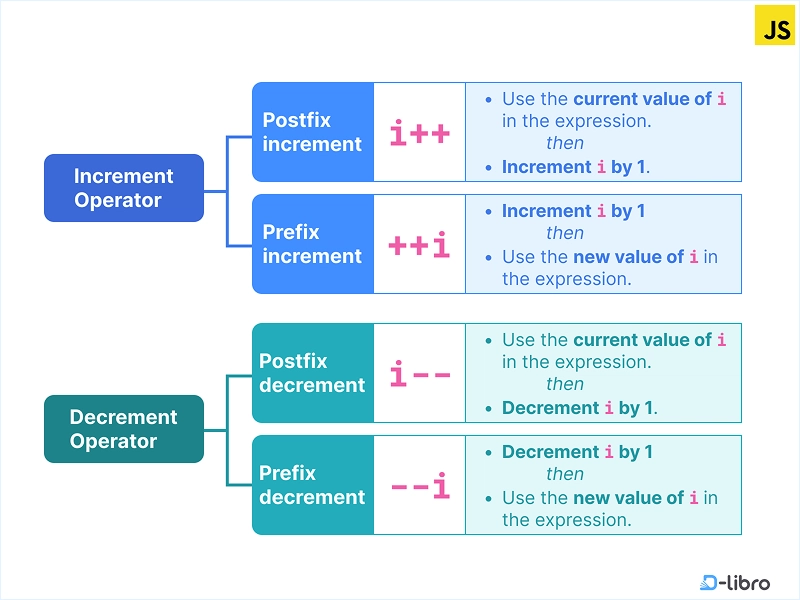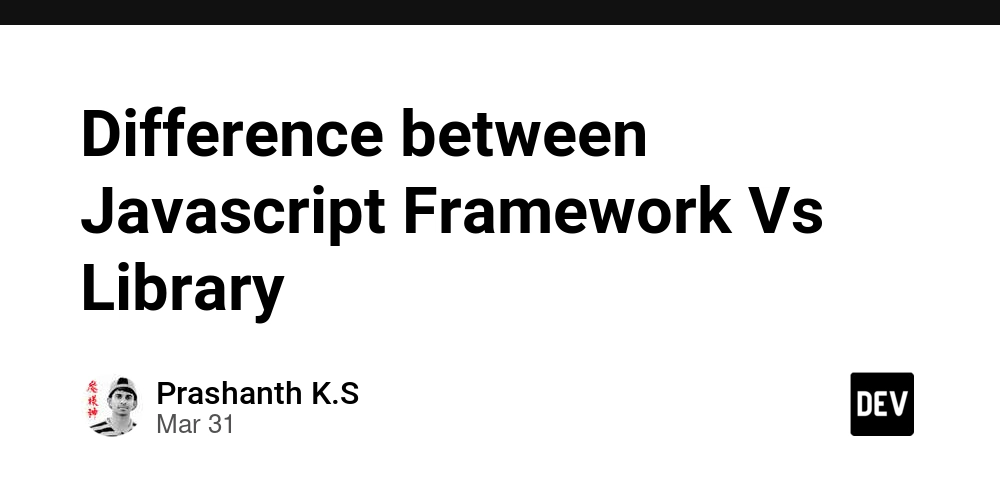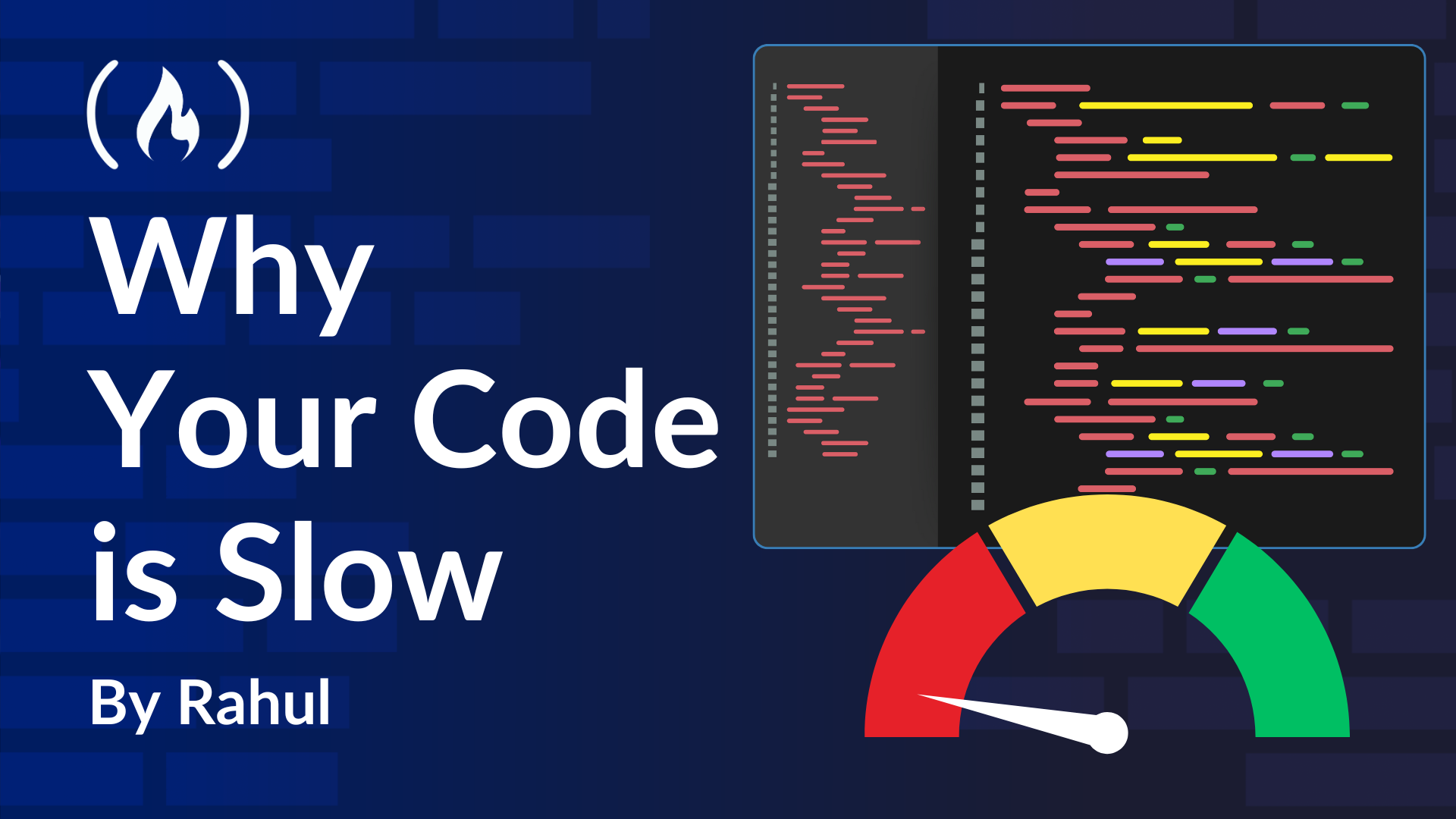'if consteval' in C++20 - A Better Alternative to is_constant_evaluated()
Introduction When working with constexpr and consteval in C++, developers may run into some limitations when attempting to evaluate conditions at compile-time. One common scenario is using std::is_constant_evaluated() to differentiate between compile-time and runtime code. However, there are cases where this approach fails due to how the compiler performs static analysis. In this post, we’ll explore how if consteval solves these issues, and why it is a better choice compared to std::is_constant_evaluated(). Why Doesn't This Code Work? Consider the following constexpr function: consteval auto consteval_func(int val) { return val; } constexpr auto constexpr_func(int val) { if (std::is_constant_evaluated()) { return consteval_func(val); } else { std::cout

Introduction
When working with constexpr and consteval in C++, developers may run into some limitations when attempting to evaluate conditions at compile-time. One common scenario is using std::is_constant_evaluated() to differentiate between compile-time and runtime code. However, there are cases where this approach fails due to how the compiler performs static analysis.
In this post, we’ll explore how if consteval solves these issues, and why it is a better choice compared to std::is_constant_evaluated().
Why Doesn't This Code Work?
Consider the following constexpr function:
consteval auto consteval_func(int val) { return val; }
constexpr auto constexpr_func(int val) {
if (std::is_constant_evaluated()) {
return consteval_func(val);
} else {
std::cout << "is_constant_evaluated==false\n";
return 0;
}
}
The compiler produces an error at the line (5), because the parameter val is not constexpr. A consteval function like consteval_func() can only be called with constexpr arguments.
Logically, this seems unnecessary since the if (std::is_constant_evaluated()) branch will only execute at compile-time. And even though val isn’t constexpr, the constexpr function would have been invoked with a constexpr argument if executed at compile-time. For example:
constexpr auto val = [] consteval { return constexpr_func(42); }();
Why does it still not work?
The compiler reports an error during static analysis, even if the function is not invoked. The error arises because the compiler, during its static analysis phase, checks the code for syntactic and semantic correctness. Since an if clause is a runtime construct, the compiler does not generate separate code branches for compile-time and runtime during this phase.
Instead, the compiler treats the call consteval_func(val) in the if clause as if it were outside the clause entirely. This means the call is always analyzed, regardless of whether it will actually execute or not. Consequently, the compiler raises an error because val is not constexpr.
This behavior leads to the conclusion that calling a
constevalfunction from aconstexprfunction with a non-constexprargument is always invalid.
Enter if consteval
Here’s how if consteval resolves the issue:
consteval auto consteval_func(int val) { return val; }
constexpr auto constexpr_func(int val) {
if consteval {
return consteval_func(val);
} else {
std::cout << "is_constant_evaluated==false\n";
return 0;
}
}
With if consteval, the compiler makes the decision about which branch to execute during static analysis. This means:
- The
constevalbranch is excluded entirely from runtime evaluation. - The compiler knows that the call to
consteval_func(val)happens only in a compile-time context, allowing it to validate the code confidently.
Unlike an if clause, if consteval is a compile-time construct, just like if constexpr. The compiler decides which branch to execute during static analysis and excludes the other entirely. This means the compiler can safely allow the call to the consteval_func(val) function, knowing that the call will occur only in a constexpr context during compile-time.
Conclusion
std::is_constant_evaluated() is useful for distinguishing between compile-time and runtime logic, but it is not suitable when working with consteval functions. The introduction of if consteval in C++ provides a cleaner and safer way to handle compile-time evaluation, ensuring that the compiler can confidently differentiate between branches.
If you found this post useful, you might also enjoy follow-up articles and other C++ content on my blog: adamczapla.github.io




































































![Apple's M5 iPad Pro Enters Advanced Testing for 2025 Launch [Gurman]](https://www.iclarified.com/images/news/96865/96865/96865-640.jpg)
![M5 MacBook Pro Set for Late 2025, Major Redesign Waits Until 2026 [Gurman]](https://www.iclarified.com/images/news/96868/96868/96868-640.jpg)
![Apple to Revamp Health App with AI-Powered Doctor [Gurman]](https://www.iclarified.com/images/news/96870/96870/96870-640.jpg)














![What Google Messages features are rolling out [March 2025]](https://i0.wp.com/9to5google.com/wp-content/uploads/sites/4/2023/12/google-messages-name-cover.png?resize=1200%2C628&quality=82&strip=all&ssl=1)

































































































































































![[The AI Show Episode 141]: Road to AGI (and Beyond) #1 — The AI Timeline is Accelerating](https://www.marketingaiinstitute.com/hubfs/ep%20141.1.png)
![[The AI Show Episode 140]: New AGI Warnings, OpenAI Suggests Government Policy, Sam Altman Teases Creative Writing Model, Claude Web Search & Apple’s AI Woes](https://www.marketingaiinstitute.com/hubfs/ep%20140%20cover.png)
![[The AI Show Episode 139]: The Government Knows AGI Is Coming, Superintelligence Strategy, OpenAI’s $20,000 Per Month Agents & Top 100 Gen AI Apps](https://www.marketingaiinstitute.com/hubfs/ep%20139%20cover-2.png)































































































































![From broke musician to working dev. How college drop-out Ryan Furrer taught himself to code [Podcast #166]](https://cdn.hashnode.com/res/hashnode/image/upload/v1743189826063/2080cde4-6fc0-46fb-b98d-b3d59841e8c4.png?#)



![[FREE EBOOKS] The Ultimate Linux Shell Scripting Guide, Artificial Intelligence for Cybersecurity & Four More Best Selling Titles](https://www.javacodegeeks.com/wp-content/uploads/2012/12/jcg-logo.jpg)


































.png?#)






















































